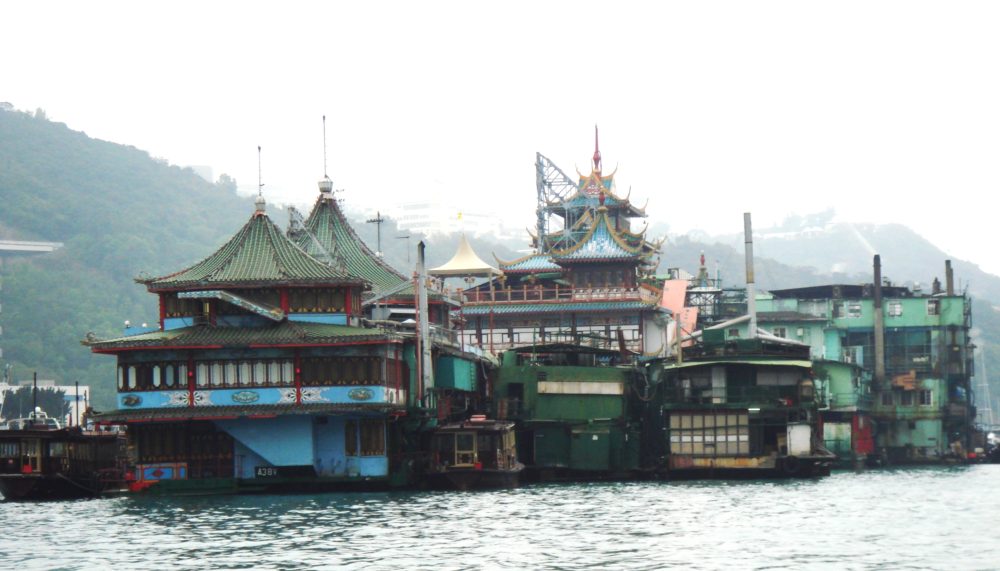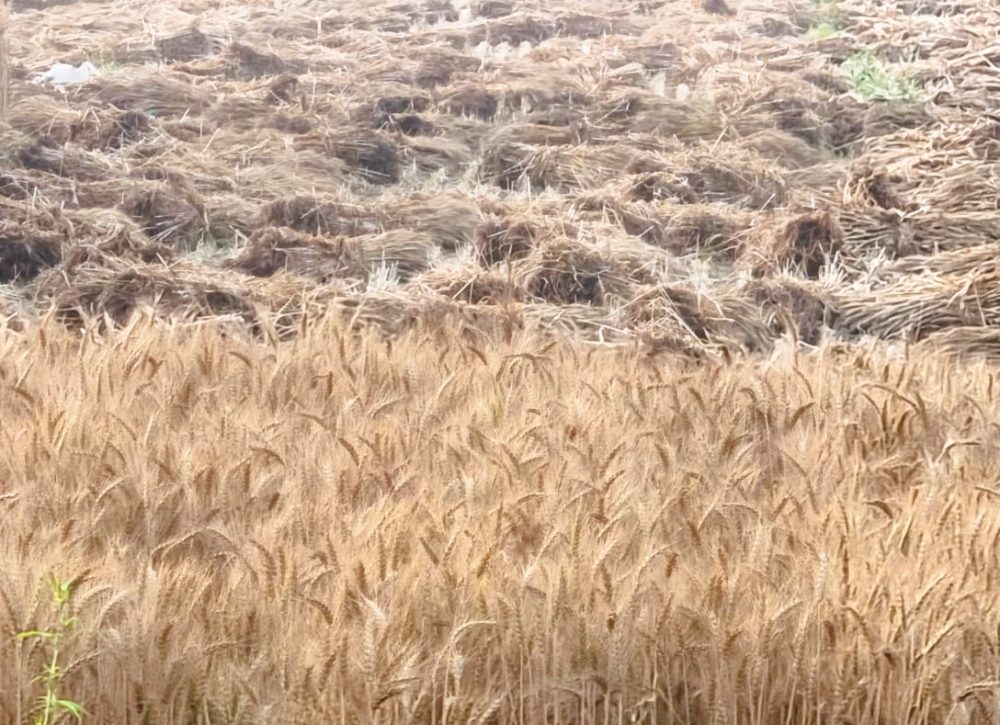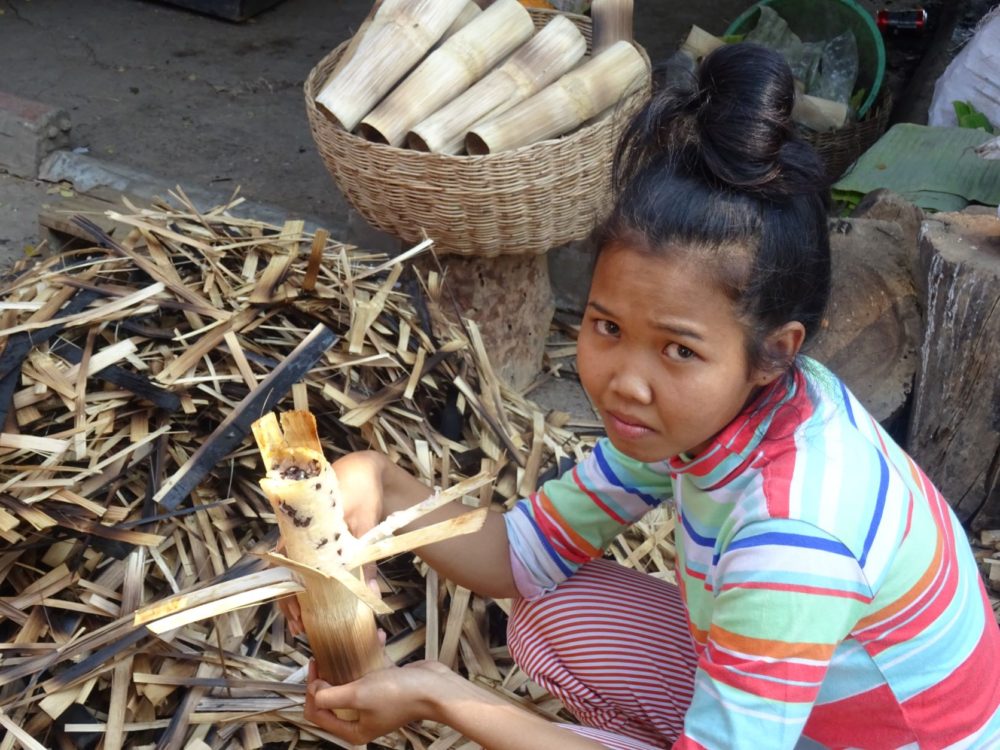By Neena Bhandari
Sydney, 25.03.2022 (SciDev.Net): The Asia Pacific region has significantly regressed on Sustainable Development Goal (SDG) targets related to climate action and responsible consumption and production, moving the region further away from the 2030 goalpost, according to a UN report.
The UN Economic and Social Commission for Asia and the Pacific’s (ESCAP) 2022 Asia-Pacific SDG Progress Report, launched on 17 March, notes that inequality in the region has widened due to impacts of COVID-19, climate change and human-made crises. It says vulnerable groups, including women, rural populations, poorer households and people with severe disabilities, have been disadvantaged the most as a result.
“The sole focus on economic recovery post-pandemic is likely to hinder progress towards the Sustainable Development Goals, which was already lagging to begin with,” Armida Salsiah Alisjahbana, UN Under-Secretary-General and ESCAP’s executive secretary, tells SciDev.Net. “As the region strives to build back better and recover, the 2030 Agenda can serve as a guiding mechanism for both economic and social development”.



